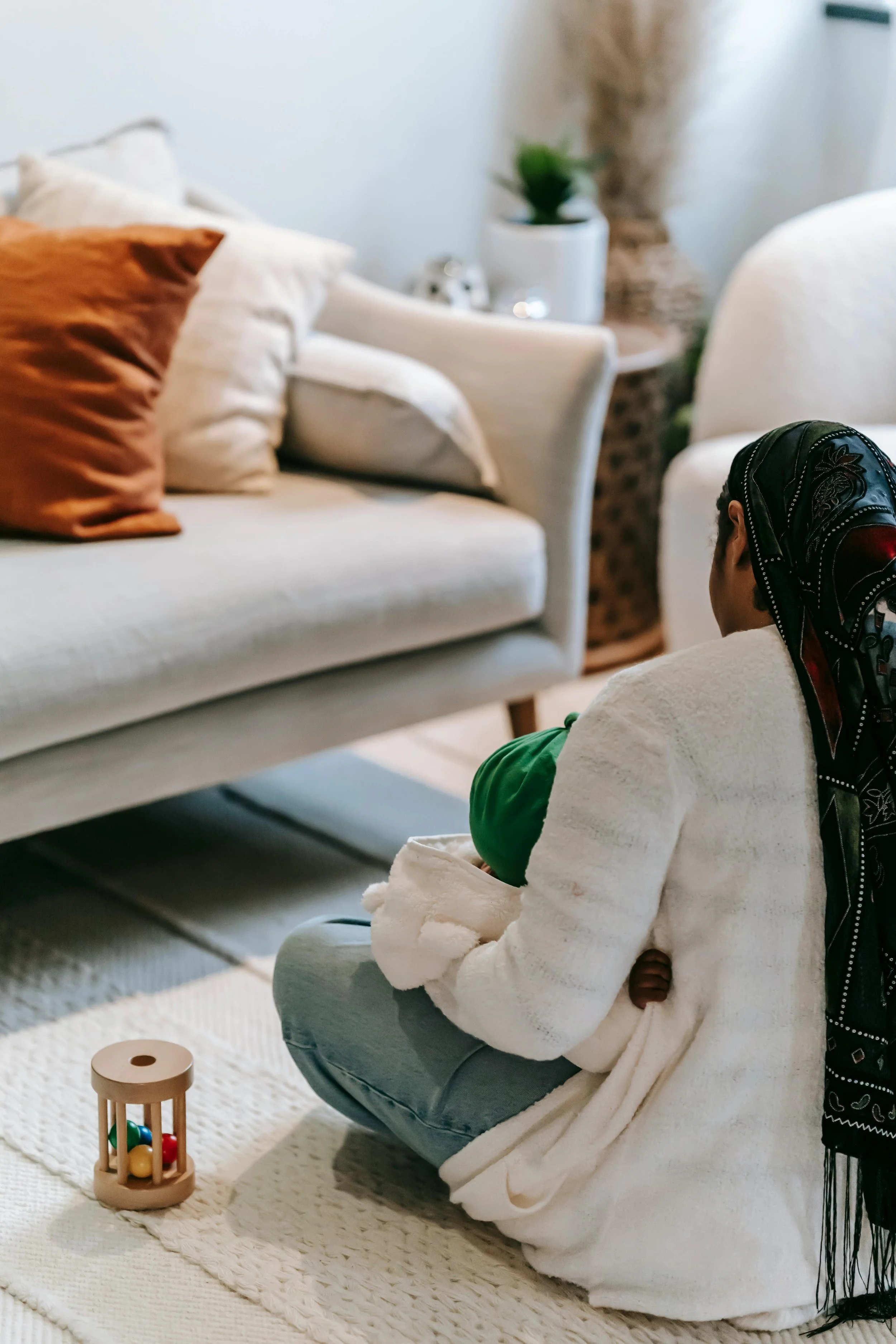When Your Child’s Emotions Trigger Your Wounds
You’re in the kitchen, your child starts crying - and suddenly you feel it. That rising heat in your chest. The overwhelm. The urge to shut it down or walk away.
You don’t want to react. You know they’re just expressing big feelings.
But your body’s already in fight-or-flight.
If this sounds familiar, it doesn’t mean you’re a bad parent.
It means you’re a triggered parent - one who’s doing the incredibly brave work of parenting after childhood trauma.
Why your child’s emotions can feel so threatening
If you grew up with emotionally immature parents, there’s a good chance that emotions were either ignored, dismissed, or punished.
You might have learned:
Crying makes people angry.
Anger leads to rejection.
Expressing needs means you’re being “too much.”
So now, as an adult and a parent, when your child expresses their emotions - especially the big, messy ones - your nervous system may perceive it as a threat. Not because of your child. But because of what those emotions meant in your past.
This is what we call an emotional flashback in parenting.
It’s not about the current moment - it’s a resurfacing of something old.
The inner conflict of the Cycle Breaker
Most parents I work with aren’t surprised that their child gets upset.
What does surprise them is how personally they take it.
How quickly they feel blamed, overwhelmed, rejected - or even scared.
That’s because their child’s emotional expression presses on parts of themselves that were never allowed to exist safely.
When your child says, “I hate you!” or “You never listen!” it can land like a punch to the chest - not because you believe them, but because some part of you remembers what it felt like to be silenced, misunderstood, or shamed.
You’re not just hearing your child - you’re hearing echoes of your own childhood.
Why this experience is so disorienting
One of the hardest parts of parenting without a role model is that you’re constantly switching between adult and inner child.
One part of you is trying to stay grounded and emotionally present.
Another part is flooded with fear, guilt, or sadness from long ago.
It’s disorienting to parent when you’re triggered.
Not because you’re failing - but because you’re doing the work your own parents never did.
What this awareness means
You might not always respond perfectly. Sometimes, you’ll snap. Or shut down. Or go silent.
But the fact that you’re noticing this pattern? That’s progress.
Being a cycle breaker parent doesn’t mean being calm all the time.
It means understanding where your reactions come from - so you can slowly shift them.
This awareness is part of the deeper healing process. Noticing your triggers is the first step toward building a different future - not just for your children, but for you too.
If this resonates, you’re not alone
Many of the parents I work with carry this quiet shame about being “too reactive” - but when we trace it back, we often find deep emotional wounds that were never acknowledged.
Until then, please remember:
Being triggered doesn’t mean you’re broken. It means your body is remembering. And with the right support, you can help it feel safe again.


